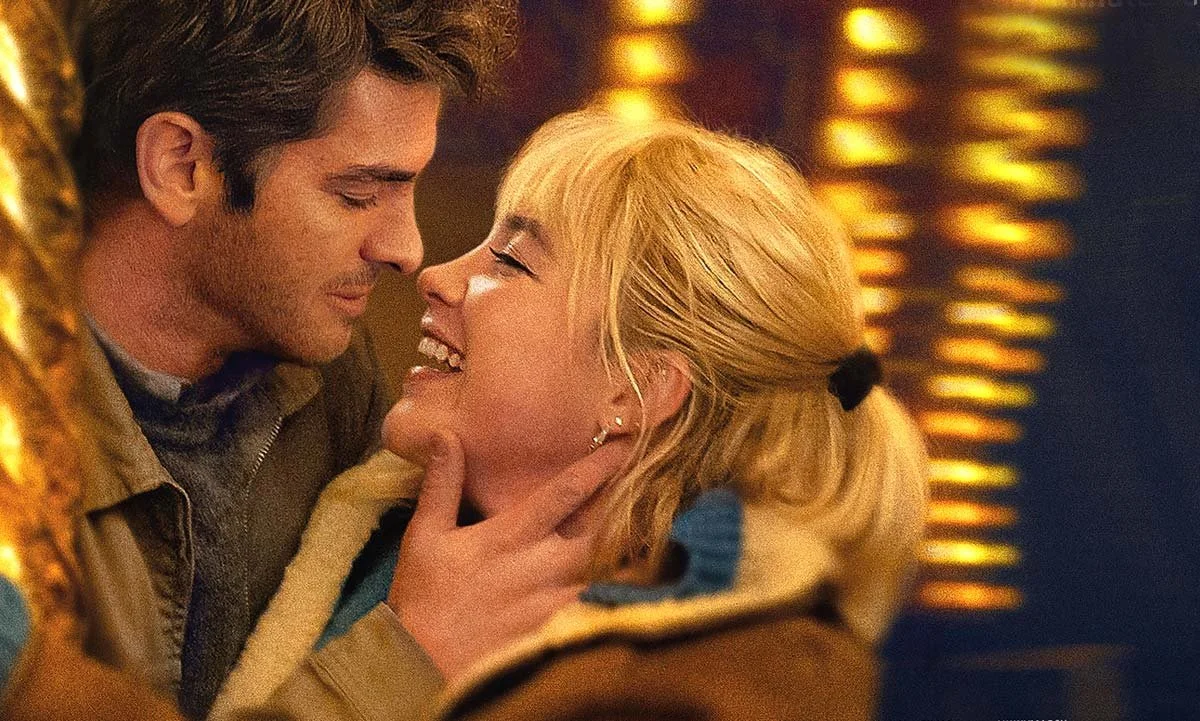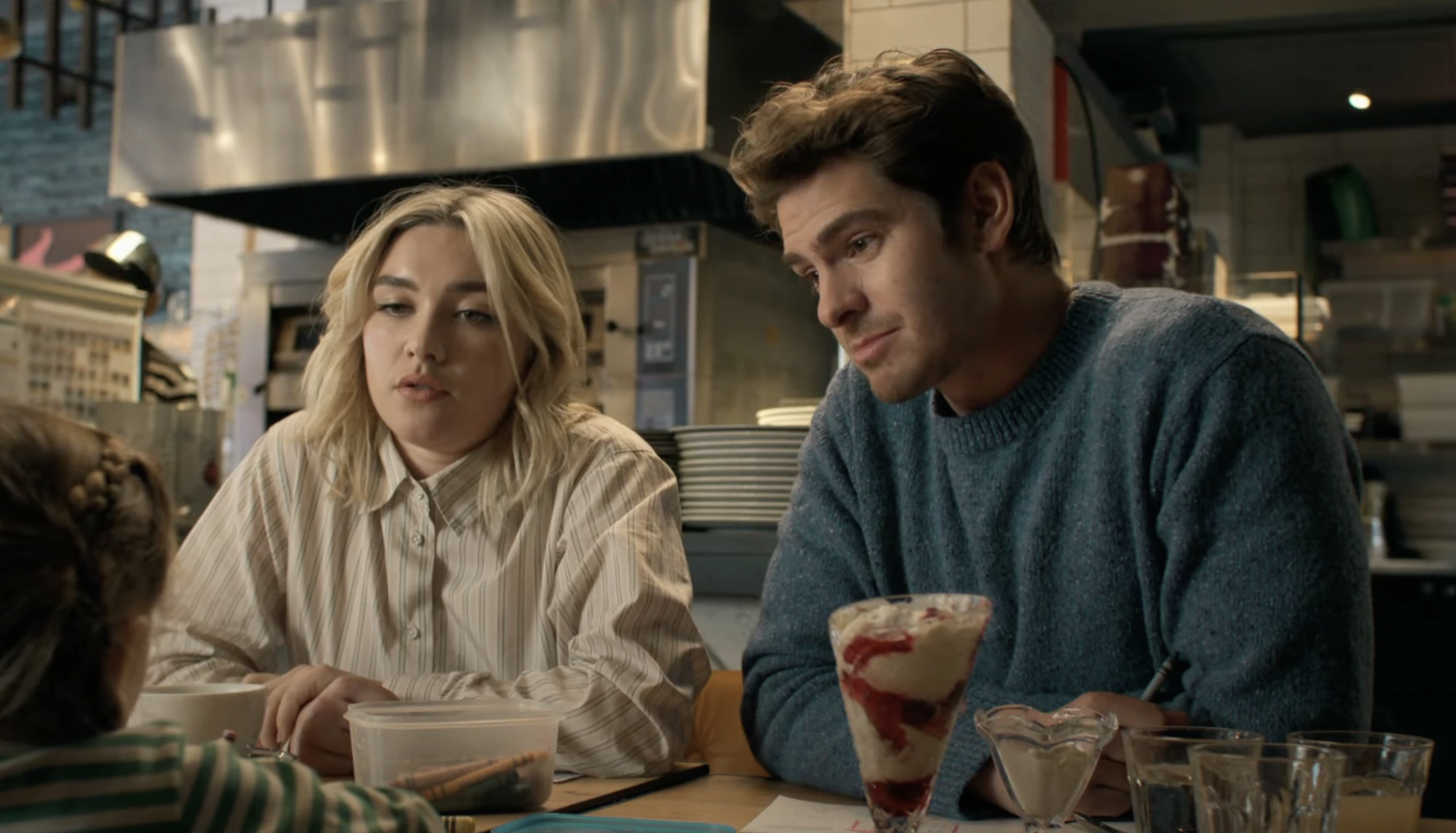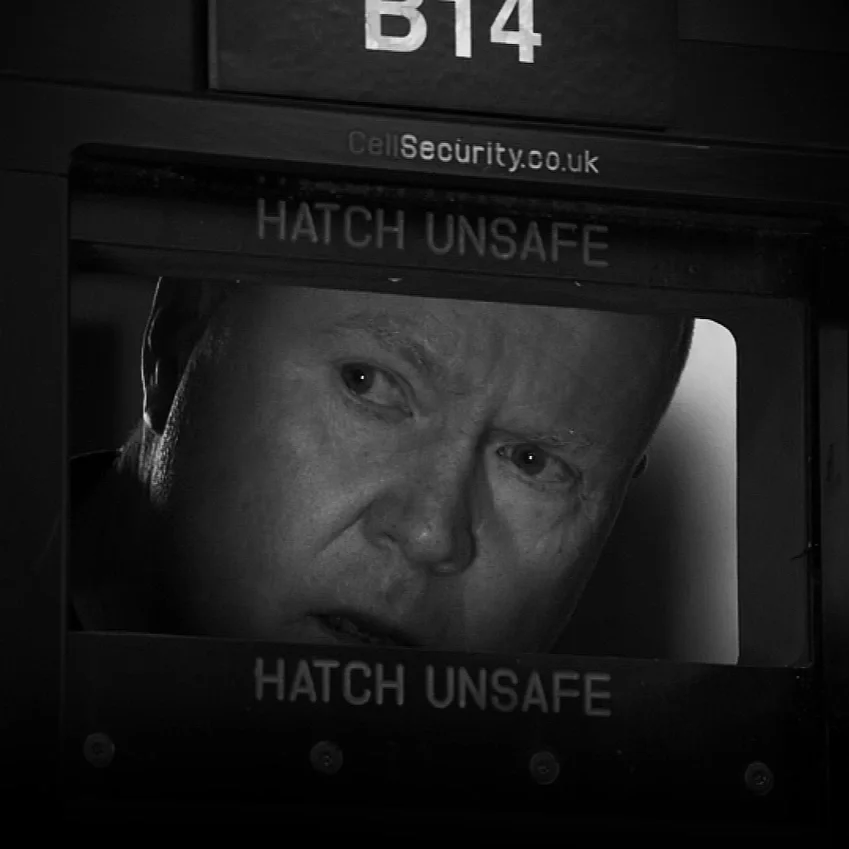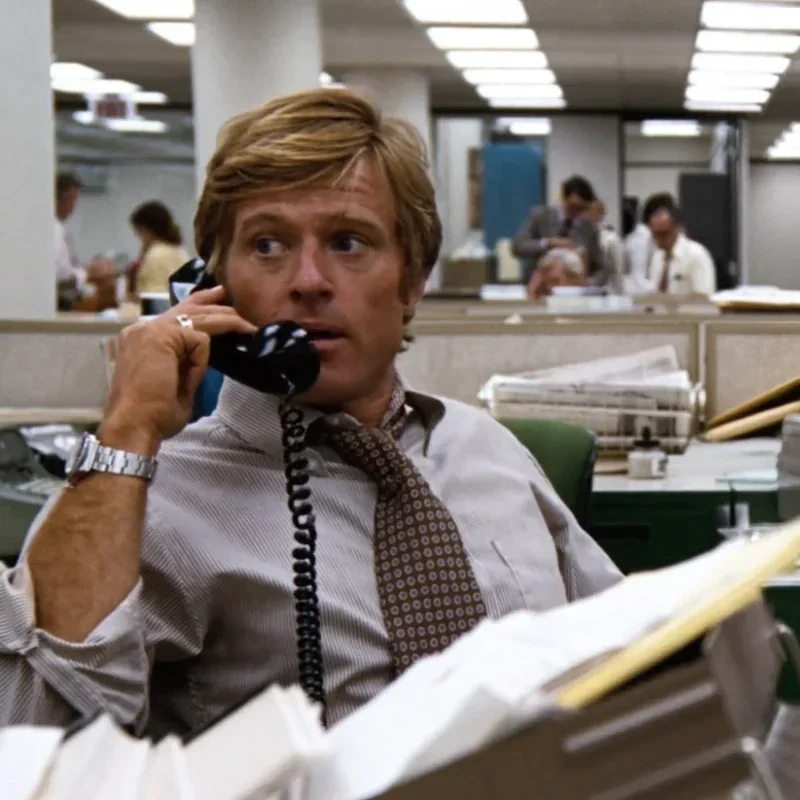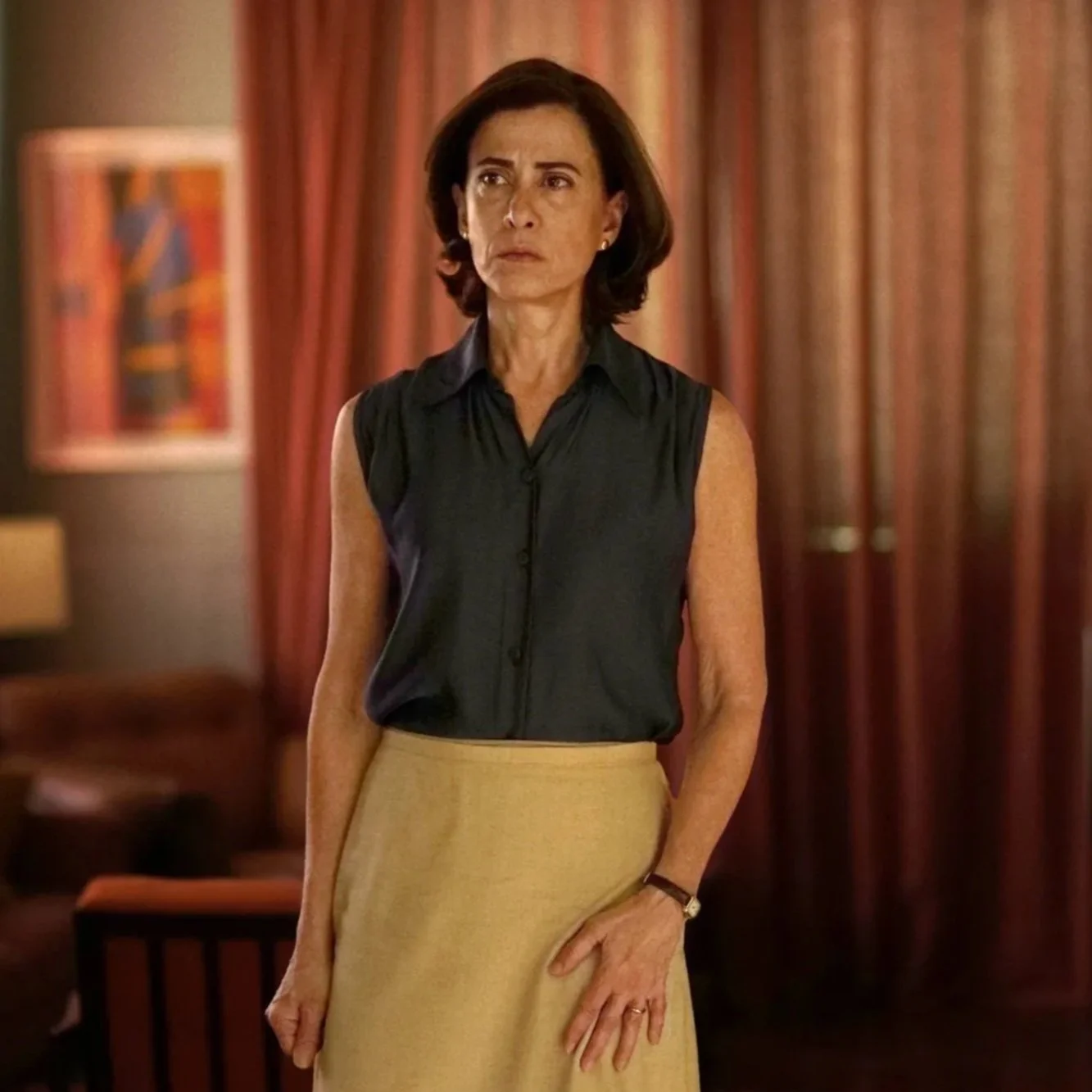We Live In Time’s Silent Grief of Being Forgotten
There is a moment in We Live in Time when the characters, so fragile, so tentative in their trying, fall into a kind of silence that only comes when people know they are running out of time. It is not an absence of words, but an abundance of feeling. A silence thick with what cannot be said. And for those of us who have faced our own early endings, those who have sat across from a diagnosis that felt like a death sentence, it’s a silence we know all too well.
This is a film about that silence. About what it means to live knowing, not abstractly but intimately, that your time together is finite. That the years you thought you'd have are not yours. That the life you imagined will, in fact, not be lived. But you live anyway. And you love anyway. Perhaps because of that.
Andrew Garfield plays Tobias with a quiet soulfulness that doesn’t need to raise its voice to be heard. Opposite him, Florence Pugh’s Almut is all luminous interiority. Full of fire, and then, just as powerfully, full of fear. Together, they don’t act out a love story so much as dwell in one. A lived-in, sometimes awkward, often beautiful story of days both ordinary and profound. The kind of love that grows not through fireworks, but through making tea, folding laundry, laughing at things that no longer make sense to anyone else. The kind of love you remember long after it's gone, not because of what was said, but because of who you became in its presence.
Their story is non-linear, scattered across time like memory itself. Because when you know you’re losing someone, time doesn’t move forward anymore. It pools. It circles. It rewinds at night and skips ahead in the morning. It tricks you. It lingers in the wrong places. The film captures this beautifully. There’s no neat arc, no final summation. Only the ache of hindsight, and the tenderness of someone brushing the hair from your eyes just to see you more clearly before you disappear.
Watching it, I found myself thinking of my own survival. Of the months when I didn’t know if I would live to see the seasons change again. Of the days in hospital gowns, whispered updates and the sharp stings of treatment which made time blur at the edges. When I wrote On Surviving, I said that cancer didn’t teach me to be brave. It taught me to notice. To notice the light through the blinds. The warmth of someone holding my hand longer than they had to. The sudden weight of knowing someone you love is tired. Not from the day, but from all of it. From the trying. From the carrying.
We Live in Time notices all of this.
There’s a specific kind of love which reveals itself only in the wake of illness. Not the romantic kind. Not even the companionate kind. But the caretaking kind. A raw, exhausting, holy kind of love which shows up at 3am when the body fails, when the words stop, when all that’s left is presence. This film doesn’t shy away from that kind of love. It steps into it, quietly, without drama. It honors it.
To care for someone who is dying is to carry their fear as well as your own. To hold them, even when your own heart is breaking. To stay when everything in you wants to run. Not because you are weak, but because you are human. There is a small moment in the film, almost imperceptible, when Tobias simply sits, eyes full, watching Almut as she tries to hold herself together. He doesn’t fix it. He doesn’t speak. He stays. That, I think, is one of the purest expressions of love.
And then there is the fear of being forgotten.
This is the quiet hum beneath everything in the film. Will the child remember? Will the sound of my voice remain in someone’s mind? Will the life we built matter, once I’m no longer here to witness it? These are the questions we do not ask aloud, but they live in us. I remember once thinking, during treatment, that it wasn’t death that scared me most. It was being erased. Becoming a gap in a story. A name without context.
But We Live in Time insists that grief is the antidote to erasure. That grief is not a failure to move on, but a choice to hold on. It is love that refuses to disappear. And if grief hurts so much, it’s only because love was so alive.
That’s what moved me the most about the film. Not the tragedy, but the truth. The truth that nothing lasts. The truth that we all live on borrowed time. And that knowing this doesn’t make life emptier, it makes it clearer. More vivid. More sacred.
When Tobias breaks down, it is not because he cannot go on. It is because he knows he will, and that going on without the person you love most is its own kind of heartbreak. The kind that lingers. The kind that changes how the light hits your face for the rest of your life.
In the end, We Live in Time isn’t about illness or death. It’s about what remains. The look. The voice. The ordinary days we didn’t realize were holy. It’s about the little rituals of memory. The books, the notes, the tea mugs still in the sink. It’s about the simple, shattering truth that every love story ends. But if we’ve done it right, what ends isn’t the love. Just the time.
And maybe that’s enough.
Because the mark of a life well lived is not in how long it lasted, but in how deeply it was shared. How fearlessly it was witnessed. How willingly we gave ourselves, knowing we could not keep each other forever. The point was never forever. The point was now.
To those of us who’ve survived our endings, and to those of us who haven’t, We Live in Time is a quiet reminder that to love deeply is to grieve deeply. That’s not a flaw in the design. That’s the design itself.
We do not get to choose how long we are given. But we do get to choose how present we are for it. And in that presence, we leave behind something more permanent than time: we leave behind each other.
Disclosure: This article is an experiment created with generative research tools trained on my previous archive of writing. It relies upon a number of online sources for its original hypothesis as well as the assembly of narrative conclusion. It is an experiment in crafting a detailed set of instructions sufficient to prompt an LLM to generate a topic of esoteric interest based on my own interest in film criticism, perform a deep analysis upon these topics, and assemble them into a coherent, informed set of thoughts. I find the results a fascinating means of surfacing new and interesting threads of curiosity. I hope you do too.



